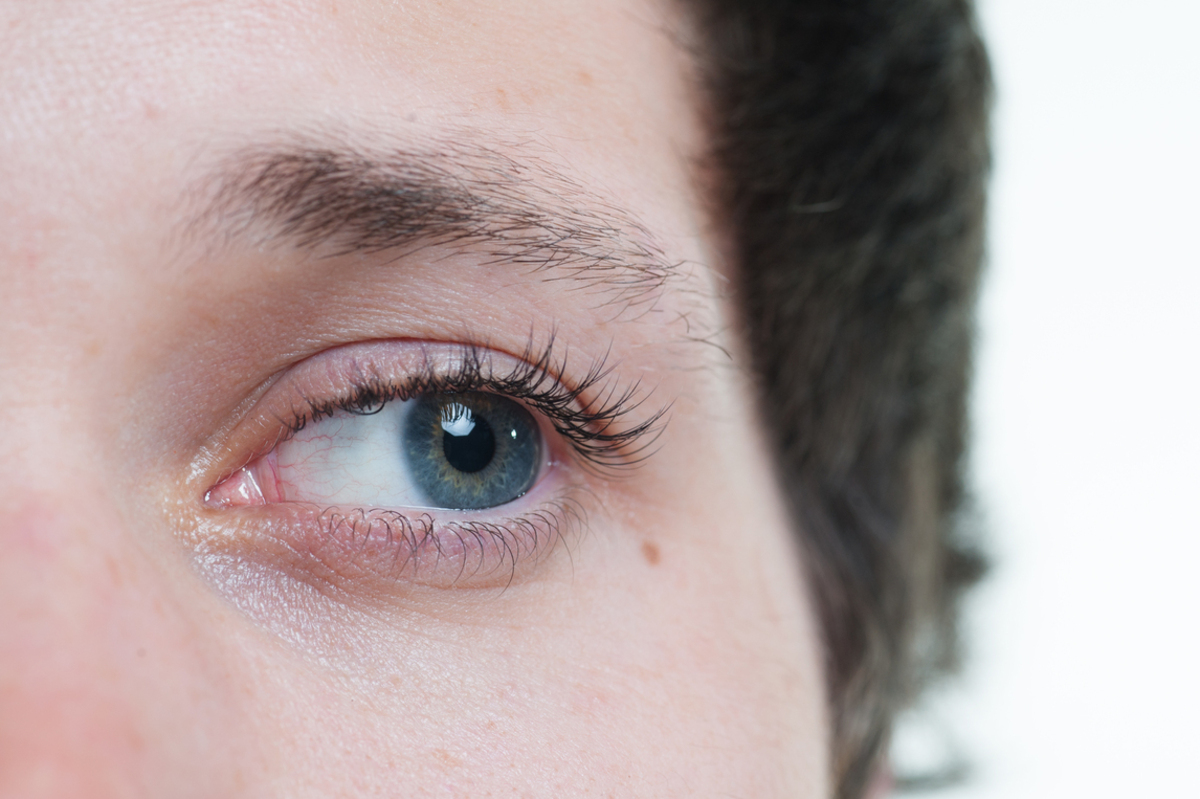You've probably heard "Oh, he's a little bit autistic" used as an insult to describe people perceived as somewhat rude or socially awkward before. This kind of thing is so common that it's not hard to find autistic people eloquently pointing out, in blogs across the web, that this pokes fun at a very real condition — very much like folks proclaiming that neat-freaks are "a bit OCD' — and that it should stop.

Enter the "broad autism phenotype".
What is the broad autism phenotype?
We already know that autism has a strong genetic component. Research found that relatives of autistic people were more likely than others to have autistic traits and behaviors, even if they didn't themselves meet the diagnostic criteria for autism spectrum disorder. These people may also have the genetic variations that have been shown to be linked to autism, and, interestingly, are less likely to hold jobs that heavily rely on people skills.
Considering the fact that people create the diagnostic boxes available, and that they evolve with time and increased scientific understanding, this makes sense.
Could the broad autism phenotype apply to you?
What might the characteristics of the broad autistic phenotype be? One study compared the traits of people who had multiple autistic relatives to those with one autistic relative, and also to those with no autistic relatives as a control group. Their findings were fascinating, and can also show you what characteristics we're talking about.
- People with autistic relatives were, on the whole, more conscientious than others.
- They were also more likely to be plagued by anxiety, worry, fear, frustration, guilt, and so on — traits clinically described as "neuroticism".
- People with one autistic relative were less likely to be satisfied with the quality of friendships in their lives than the control group, but those with multiple cases of autism in the family were found to have an even lower level friendship satisfaction. This mirrors the struggles people diagnosed as being on the spectrum often have in making friends and maintaining social relationships.
- Relatives of people with autism encounter the same kind of struggles as autistic people do in understanding subtle and figurative language more often than those who don't have autism in the family.
- People with autistic family members were more frequently found to be "untactful" and "aloof" in social interactions.
If you have autism in the family and you recognize some of these traits, it's an interesting domain to explore further. While plenty of current adults are actually autistic but undiagnosed because understanding of the autism spectrum was, well, not fully developed among the scientific community when they were younger, some people who do indeed have a lot of autistic traits may instead fall under the broad autistic phenotype without meeting the criteria for a diagnosis of ASD.
Want to know more? You could start with an Autism Quotient test online, since research has shown that people with a broad autistic phenotype score higher on these tests, but not high enough to indicate they should be evaluated for autism spectrum disorder.
A final word
The discovery of a broad autism phenotype shows that it is, indeed, possible to be a "little autistic", if you want to use that (much-hated among many) term. This may go a long way towards explaining why you are the way you are, and also why you've evaded diagnosis thus far. If you're strongly convinced this applies to you, you could seek an evaluation. You may also, however, be content to know that there is such a thing as a broad autism phenotype, and allow your suspicion that you have it to avail yourself to some of the coping mechanism that are helpful to autistic people.

